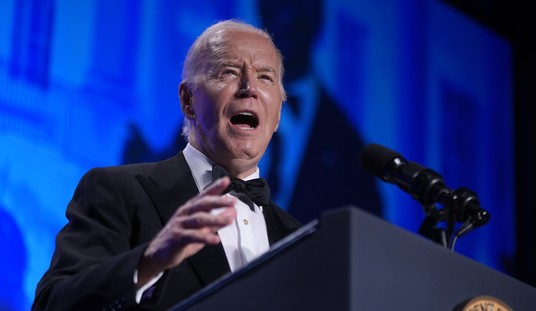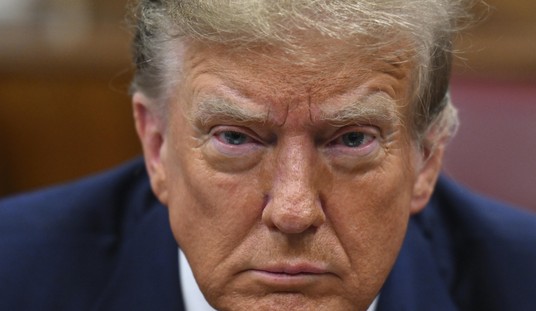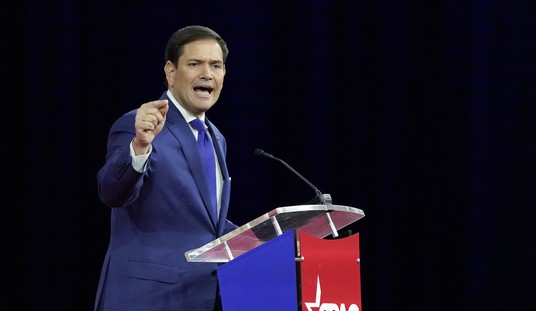It got overshadowed by recent events both foreign and domestic, but last week Governor Pat Quinn (D, IL) signed legislation declaring that in-state affiliates for online sellers count as ‘a physical presence’ in Illinois, thus theoretically allowing the state to require those online sellers to collect sales tax information. This is usually called the ‘Amazon tax*,’ as it is largely aimed at Amazon.com**. This is a long-standing dispute (H/T: Instapundit), and usually ends with the companies in question ending their affiliate programs: Illinois businesses and individuals were however assured (by groups like the Illinois Retail Merchants Association) that there was no chance that Amazon.com
would dare end its affiliate program for Illinois***.
Turns out that this was incorrect: as usual in these cases, Amazon.com (and Overstock.com) immediately closed down its affiliate program for Illinois (beginning April 15), thus making the issue moot. This means that no Illinois resident or company will receive a commission for sales – which means lost revenue, which means less taxable revenue for the state of Illinois (Amazon.com
requires its affiliates to fill out 1099 forms, and the money that affiliates generate is subject to income tax). It does not mean that Amazon.com
itself is forbidden to Illinois: Illinois residents may continue to purchase products from the company – and given its current market share, the lack of affiliate linkage will probably not have any effect on the company’s sales at all. In other words, the state of Illinois has just reduced its annual tax revenue and absolved Amazon.com
of the necessity of paying out 4% to 15% commissions on any product indirectly sold on its behalf by a citizen of Illinois.
Brilliant move there, Governor Quinn.
Moe Lane (crosspost)
*Let me repeat what I wrote on the basic controversy, back when it was Colorado that was shooting itself in the fiscal foot:
‘Amazon tax laws,’ for those who are wondering, represent attempts to get around a Supreme Court ruling regarding out-of-state transactions. Residents of states who have a sales tax are theoretically expected to pay sales tax on all transactions, not just ones that take place in-state: however, vendors with out-of-state customers have long taken the position that trying to keep track of every jurisdiction’s sales tax rules is an undue burden upon them. The Supreme Court agreed, ruling that vendors are only required to track and collect sales tax on transactions for states where they had a physical presence. This effectively means that online retailers such as Amazon.com are effectively released from the burden of collecting sales tax information. Various Democratic state legislators – blanching at the very idea of trying to enforce individual residents from reporting their online transactions for taxation purposes – have attempted to make an end run around this ruling by writing legislation declaring in-state affiliates of online retailers as counting in terms of ‘physical location:’ Amazon’s typical response is to immediately cancel all affiliate programs in the targeted state, thus eliminating any need for them to collect sales tax information.
**Full disclosure: I am an Amazon.com Affiliate for Maryland.
***Listening to IRMA Vice President Rob Karr trying to… ah, ‘scaremonger’ works in this case… Illinois consumers into voluntarily going through all their online purchases for the last six years and calculating their owed sales tax is, by the way, hysterical. But not as funny as listening to Karr pooh-poohing the idea that Illinois’ Amazon tax law was simply too big to fail.














Join the conversation as a VIP Member